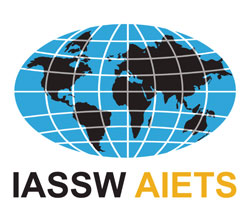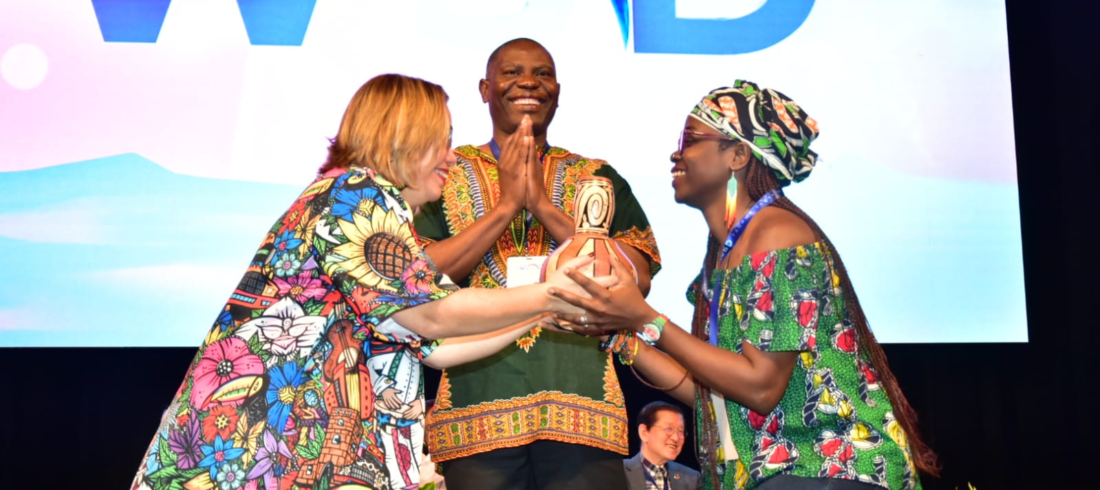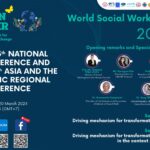Involving service users in social work education raises questions related to relations of power and inequality. It raises questions about which agents who possess the right to take part in the creation of knowledge within social work education and on which terms.
From our perspective service user involvement in social work education requires, that the competences and knowledge that service users hold is recognized as important as the academic knowledge presented by teachers by the institution. We are working to create spaces where the knowledge held by service users is applied in the education and is recognized and valued. Thereby we are also working to empower service users.
The basis for this is the so-called Mobilization Course where Students and service users are learning from each other and develope joint projects. This course is at the same time the platform for employing service users in the supervising of students on different levels in the education.
We will present the theoretical perspectives that have formed the basis for this development. We will explain how the Mobilization course is a prerequisite for and constitutes a frame for the recruitment and employment of service user representatives as lecturers and supervisors in other parts of the social work education. This means that service user participation and experience-based knowledge has been institutionalized within the social work education in Lund.
Cecilia Heule and Tabitha Wright Nielsen are teachers and researchers at the School of Social Work, Lund University, Sweden. They have a long experience of developing methods of inclusive practice in social work education and research.








